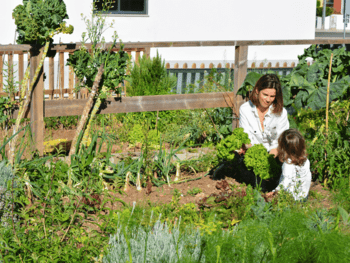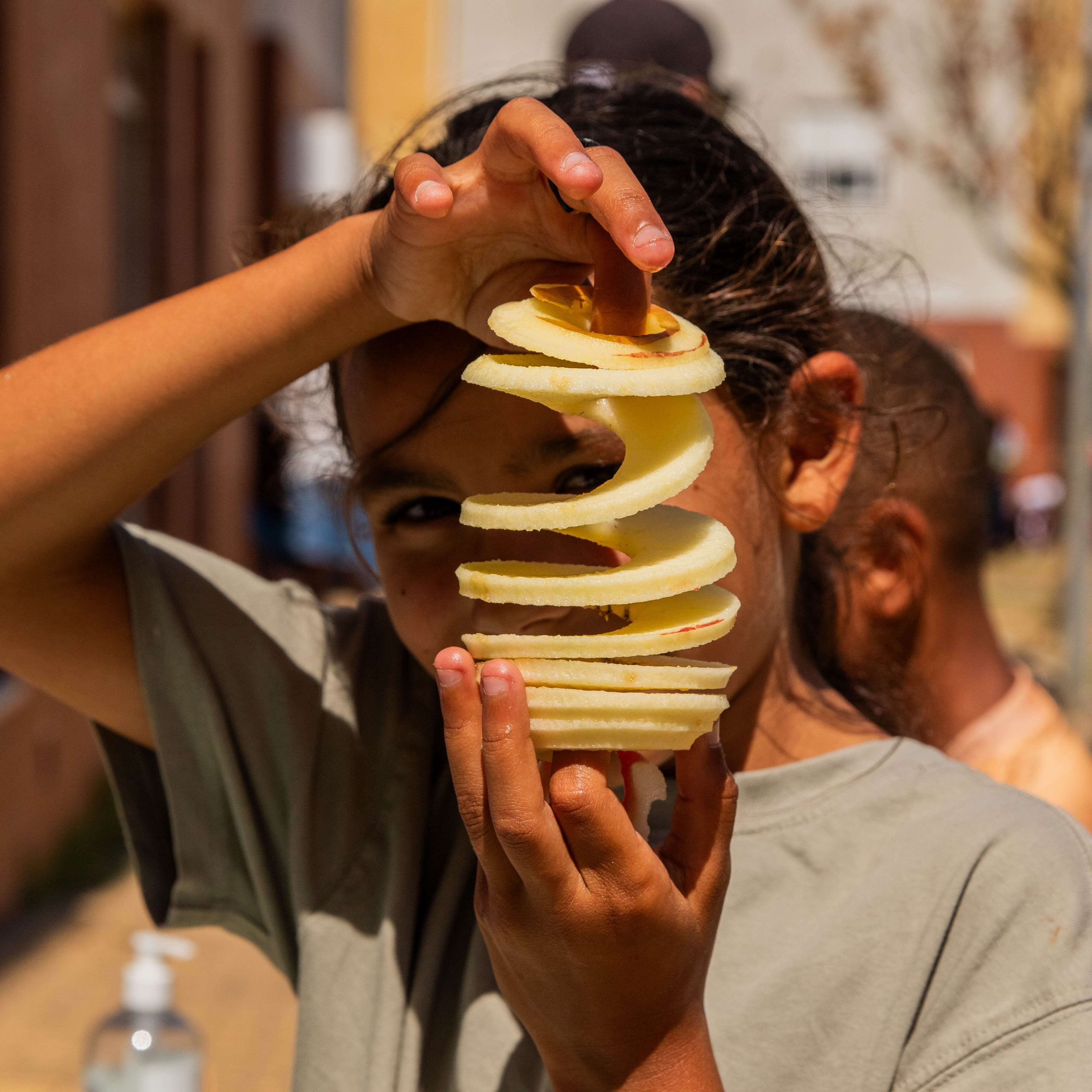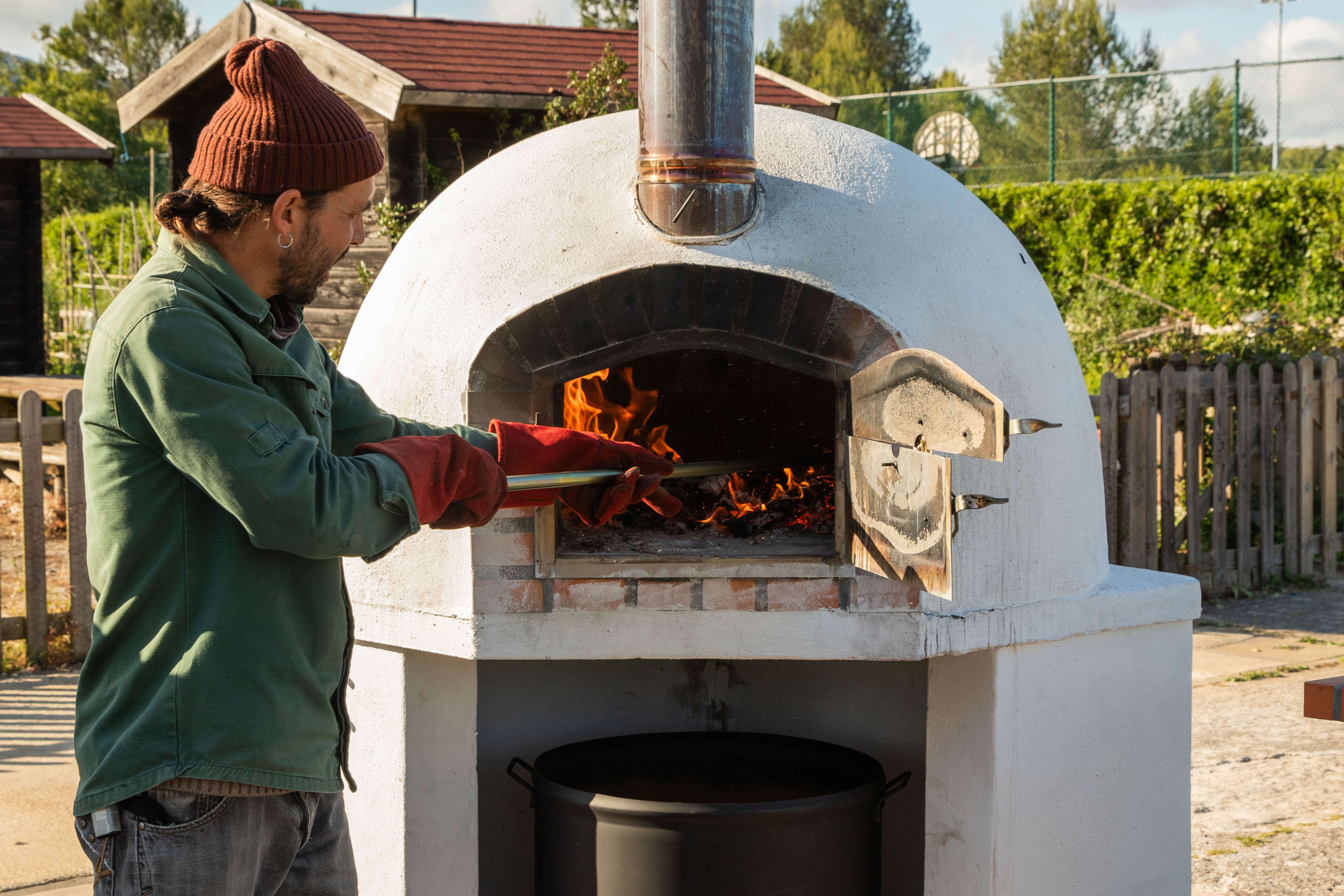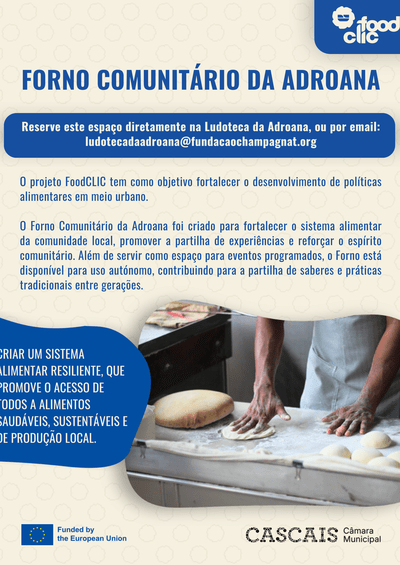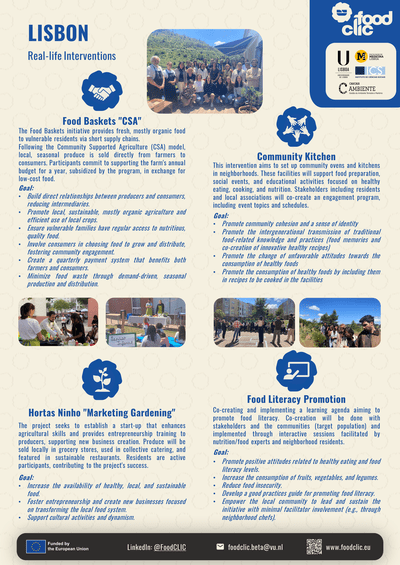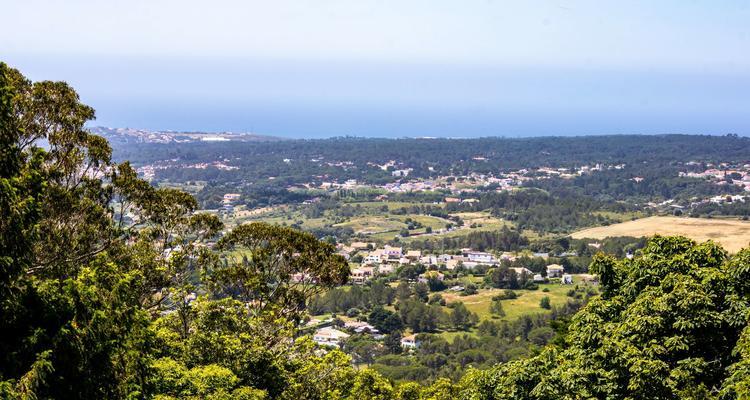
THE LISBON CITY-REGION FOOD SYSTEM.
Food production and environmental services play a significant role in the Lisbon Metropolitan Area. Almost 40% of the area's land is used for agriculture (including pasture) and a total of 12% of all the food produced in Portugal for national consumption comes from the city-region.
However, the food environment and food concerns still play a minor role when it comes to urban planning and the establishment of sustainable and resilient food systems with the city-region. As a measure to increase the visibility of food concerns, in 2022, the FoodLink Network for Food Transition in the Lisbon Metropolitan Area was founded.
DEVELOPING A FOOD PLANNING STRATEGY.
A Food Transition Strategy for the Lisbon Metropolitan Area (FTS – LMA) that focuses on the food environment, food concerns and that acknowledges the interdependencies between "food" and other relevant policy domains was approved in February 2025 by the Metropolitan Council and is now under development, in the framework of a so-called multi- stakeholder process.
The action plan of the FTS – LMA, is now being implemented crossing regional orientations into local strategies. At the municipality of Cascais, with the support of FoodCLIC project partners, the Lisbon Living Lab is converting these strategic guidelines into real-life interventions in selected neighbourhoods in the town of Cascais. In this context, the city- region plans to focus on
- implementing a Food Literacy Learning Agenda in underserved areas,
- promoting a food baskets interchange to improve the quality and diversity of food assistance and availability,
- the development of new urban agriculture allotments,
- supporting entrepreneurs in the areas of food production, and distribution.
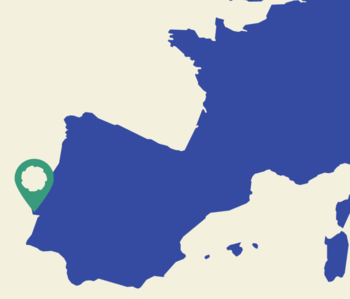
QUICK FACTS:
The Lisbon Metropolitan Area comprises 18 municipalities, with more than 2.8 million inhabitants (2021), which corresponds to almost 30% of Portugal's population.
PROJECT PARTNERS LOCATED IN THE LISBON CITY-REGION:
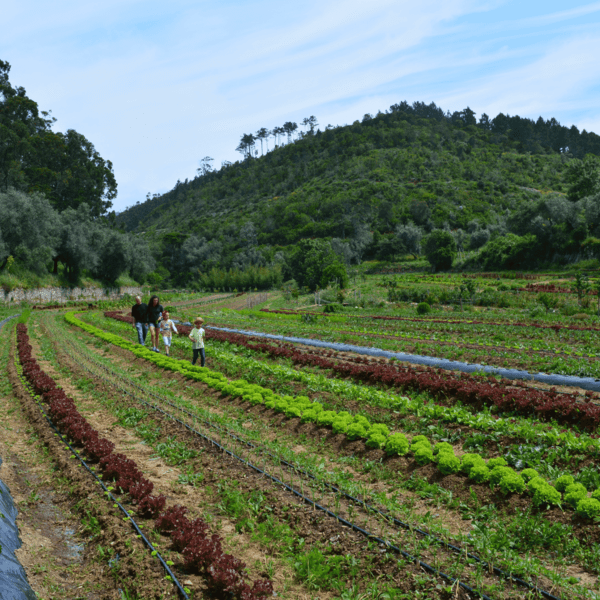
About 15% of the Lisbon Metropolitan Area's food supply could be sourced locally, by building on sustainable models of production and agroecology; innovating solutions (for water management and irrigation, less use of phytopharmaceuticals, soil conservation and nutrient balance, climate adaptation and energy efficiency); low carbon distribution and short food supply chains that comply with food safety criteria.
FOOD POLICY NETWORK
Between 2019 and 2021, the Metropolitan Network of Agri-Food Parks (RMPA) developed and established a strategic vision for the rural-urban food environment of the Lisbon Metropolitan Area. The Network - a group of local, regional and national actors, was coordinated by the Institute of Social Sciences of the University of Lisbon (ICS-ULisboa) - took the function of coordinating the local Living Lab of the Horizon 2020-funded project ROBUST, creating rural-urban connections and synergies.
In 2022, the Network expanded, giving rise to the FoodLink Network for Food Transition in the Metropolitan Area of Lisbon. Until today, 41 institutions and initiatives have joined the Network, representing the various components and areas of the metropolitan food system. The implementation of a Metropolitan Food Planning Strategy is among the priority actions foreseen by the Strategic Framework and Action Plan of this group.
Implementation of the RLI in Cascais municipality
At AML, the implementation of the FoodCLIC Project's Real-Life Interventions is centered on the municipality of Cascais, with a particular focus on the pilot neighbourhoods of Adroana and Cabeço de Mouro. The initiative aims to translate food policies into concrete actions, with the goal of later replicating this model across the region's 18 municipalities. From October 2024 to October 2026, four Real-Life Interventions are being implemented in these neighbourhoods through close collaboration with residents and local stakeholders. These interventions include the promotion of Food Literacy, the implementation of a Community Kitchen and Oven, the distribution of Food Baskets and the development of Market Gardens (Hortas Ninho). Together, these actions seek to strengthen food security, reduce food waste, and lower the carbon footprint linked to food production and distribution. They also promote sustainable practices and foster greater social cohesion within the community. Grounded in participatory methods and co-creation, the project strives to generate a positive and lasting impact by empowering citizens to take an active role in shaping their neighbourhoods and driving meaningful, long-term improvements.
Related Blog Articles
Related resources
FOODCLIC. We are connecting people, food, policy & places.
FoodCLIC is a four-year project funded by the EU. The project runs from September 2022 to February 2027. The acronym FoodCLIC stands for 'integrated urban FOOD policies – developing sustainability Co-benefits, spatial Linkages, social Inclusion and sectoral Connections to transform food systems in city-regions
